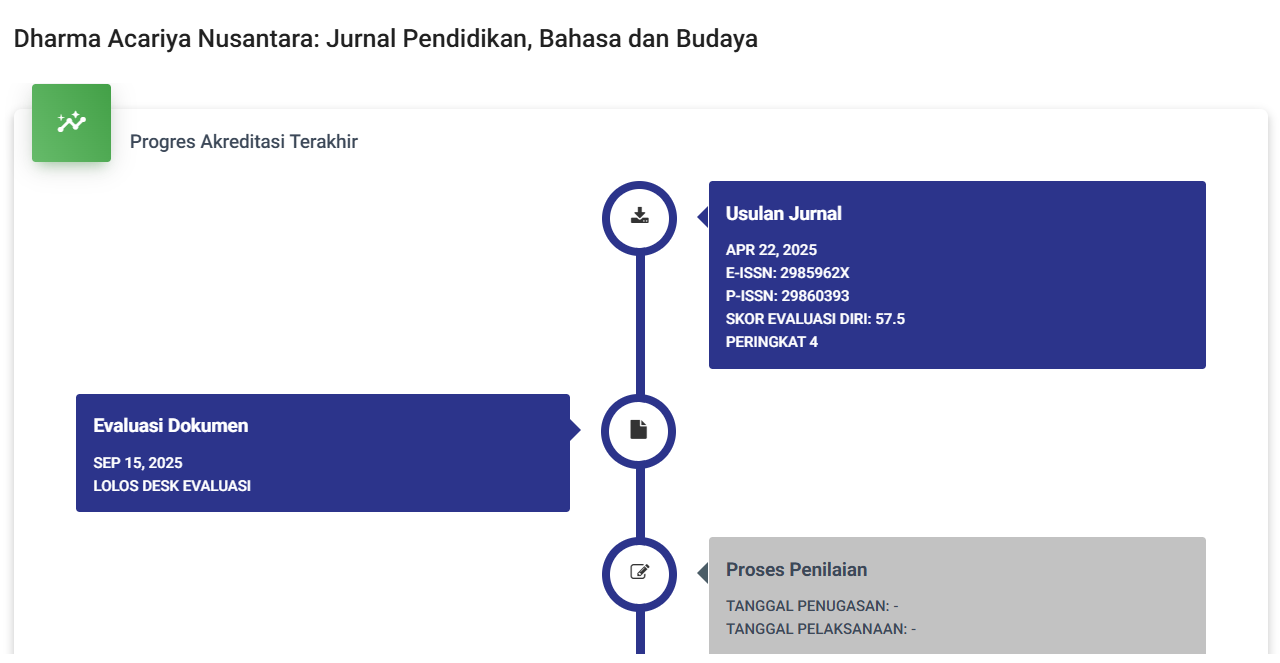Pengaruh Literasi Digital Terhadap Psikologi Anak Sekolah Dasar
DOI:
https://doi.org/10.47861/jdan.v3i1.1663Keywords:
Child psychology, Digital literacy, Gadget addiction, Influence of technology, Social interactionAbstract
Digital literacy plays a crucial role in the psychological development of elementary school children, particularly in cognitive, social, and emotional aspects. In today's digital era, children grow up exposed to technology from an early age, making it essential to understand its impact. This study aims to analyze the influence of digital literacy on children's psychology by highlighting both the benefits and challenges it brings. The method used is a literature review, referring to various previous studies that discuss the relationship between digital literacy and children's psychological development. The results show that digital literacy provides numerous positive impacts, such as enhancing critical thinking skills, fostering creativity, and expanding children's communication and social interaction abilities. Access to digital information also enables children to better understand global social issues and develop empathy. However, excessive use of digital technology without proper supervision can lead to negative effects such as gadget addiction, social isolation, concentration problems, as well as exposure to inappropriate content and cyberbullying. Therefore, the role of parents, educators, and policymakers is vital in providing education, supervision, and appropriate guidance to children in using technology. This study emphasizes that digital literacy has a complex influence on children's psychology, requiring a balanced approach to maximize its benefits while minimizing its risks. With the right strategies, digital literacy can become an effective tool to support children's holistic development.
References
Gentile, D. A., Reimer, R. A., Nathanson, A. I., Walsh, D. A., & Eisenmann, J. C. (2014). Protective effects of parental monitoring of children’s media use: A prospective study. JAMA Pediatrics, 168(5), 479–484. https://doi.org/10.1001/jamapediatrics.2014.146
Gottschalk, F. (2019). Impacts of technology use on children: Exploring literature on the brain, cognition and well-being (OECD Education Working Papers No. 195). OECD Publishing. https://doi.org/10.1787/9e5e4a91-en
Krippendorff, K. (2018). Content analysis: An introduction to its methodology (4th ed.). Sage Publications.
Livingstone, S., & Helsper, E. (2007). Gradations in digital inclusion: Children, young people and the digital divide. New Media & Society, 9(4), 671–696. https://doi.org/10.1177/1461444807080335
Ng, W. (2012). Can we teach digital natives digital literacy? Computers & Education, 59(3), 1065–1078. https://doi.org/10.1016/j.compedu.2012.04.016
Orben, A., Dienlin, T., & Przybylski, A. K. (2019). Social media’s enduring effect on adolescent life satisfaction. Proceedings of the National Academy of Sciences, 116(21), 10226–10228. https://doi.org/10.1073/pnas.1902058116
Resti, R., Wati, R. A., Ma’Arif, S., & Syarifuddin, S. (2024). Pemanfaatan media pembelajaran berbasis teknologi sebagai alat untuk meningkatkan kemampuan literasi digital siswa sekolah dasar. Al-Madrasah: Jurnal Ilmiah Pendidikan Madrasah Ibtidaiyah, 8(3), 1145–1157. https://doi.org/10.47467/almadrasah.v8i3.1710
Setiadi, F. M., Maryati, S., & Mubharokkh, A. S. (2024). Analisis dampak penggunaan gadget terhadap perkembangan psikologis dan keagamaan anak usia dini (TK dan SD) dalam perspektif pendidikan agama Islam. Muaddib: Islamic Education Journal, 7(1), 1–11. https://doi.org/10.29300/muaddib.v7i1.8900
Stéphane, C. (2015). Young children (0–8) and digital technology: A qualitative exploratory study across seven countries. European Commission Joint Research Centre. https://doi.org/10.2788/00749
Twenge, J. M., & Campbell, W. K. (2018). Associations between screen time and lower psychological well-being among children and adolescents: Evidence from a population-based study. Preventive Medicine Reports, 12, 271–283. https://doi.org/10.1016/j.pmedr.2018.10.003










